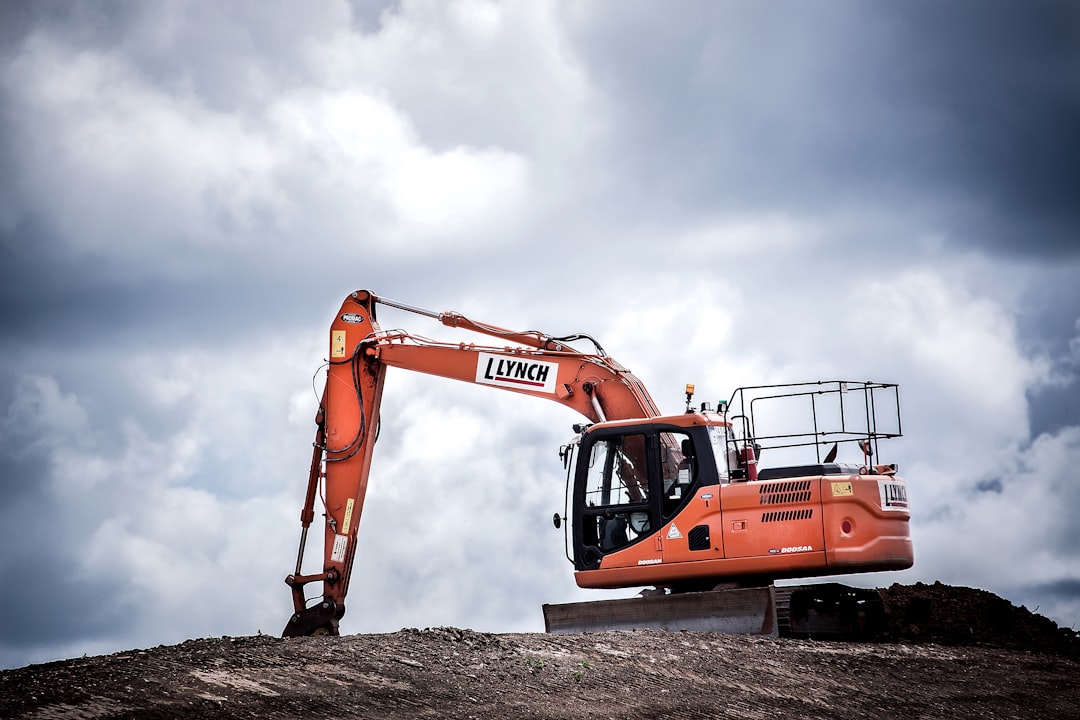The future of construction technology: What to expect
The Future of Construction Technology: What to Expect
The construction industry has always been at the forefront of innovation, constantly adapting to new technologies to improve efficiency, safety, and sustainability. As we look ahead, it's clear that the future of construction technology holds even more exciting possibilities. From advanced robotics to artificial intelligence, here are some of the key developments we can expect to see in the coming years.
1. Robotics and Automation
Robots are revolutionizing the construction industry, with their ability to perform repetitive tasks quickly and accurately. From bricklaying robots to autonomous drones for surveying and inspection, these machines are streamlining processes and reducing human error. With the advancements in machine learning and AI, robots will become even smarter, allowing for more complex construction tasks to be automated.
2. 3D Printing
3D printing has the potential to transform the construction industry by enabling the rapid construction of buildings and infrastructure. This technology allows for the creation of complex structures with less waste and lower costs. Imagine a future where entire houses can be 3D printed in a matter of days, using sustainable materials. This could revolutionize the way we think about construction and address the global housing shortage.
3. Augmented Reality
Augmented reality (AR) is already being used in construction for design visualization and project planning. However, its potential goes beyond that. AR can be used on-site to overlay digital information onto the physical environment, providing real-time guidance and improving communication between teams. This technology can enhance worker safety, reduce errors, and improve overall project efficiency.
4. Internet of Things (IoT)
The Internet of Things (IoT) is connecting devices and equipment on construction sites, allowing for real-time data collection and analysis. Sensors embedded in machinery, tools, and even building materials can provide valuable insights into performance, maintenance needs, and safety conditions. This data-driven approach can optimize construction processes, reduce downtime, and improve overall project management.
5. Sustainable Materials and Practices
In an era of increasing environmental consciousness, sustainable construction practices and materials are gaining momentum. From eco-friendly building materials to energy-efficient designs, the future of construction will prioritize sustainability. Innovations such as self-healing concrete, solar-powered buildings, and green roofs will become more common, reducing the industry's carbon footprint and creating healthier living spaces.
6. Artificial Intelligence
Artificial intelligence (AI) has the potential to revolutionize construction project management and decision-making processes. AI-powered algorithms can analyze vast amounts of data to optimize construction schedules, predict potential issues, and improve resource allocation. This technology can help construction companies make more informed decisions, reduce costs, and deliver projects on time.
7. Virtual Reality
Virtual reality (VR) is already being used in the construction industry for immersive design reviews and virtual walkthroughs. In the future, VR can be used for training purposes, allowing workers to practice complex tasks in a safe and controlled environment. This technology can also facilitate collaboration between teams, regardless of their physical location, leading to more efficient and cost-effective project delivery.
8. Advanced Building Information Modeling (BIM)
Building Information Modeling (BIM) has transformed the way construction projects are designed and managed. In the future, BIM will become even more advanced, integrating real-time data from IoT devices and AI-powered analytics. This will enable construction teams to have a comprehensive and accurate view of the project, improving coordination, reducing conflicts, and enhancing overall project outcomes.
As the construction industry embraces these technological advancements, it's important to remember that human expertise and creativity will always play a crucial role. By combining the power of technology with skilled professionals, the future of construction will be a harmonious blend of innovation and craftsmanship.








